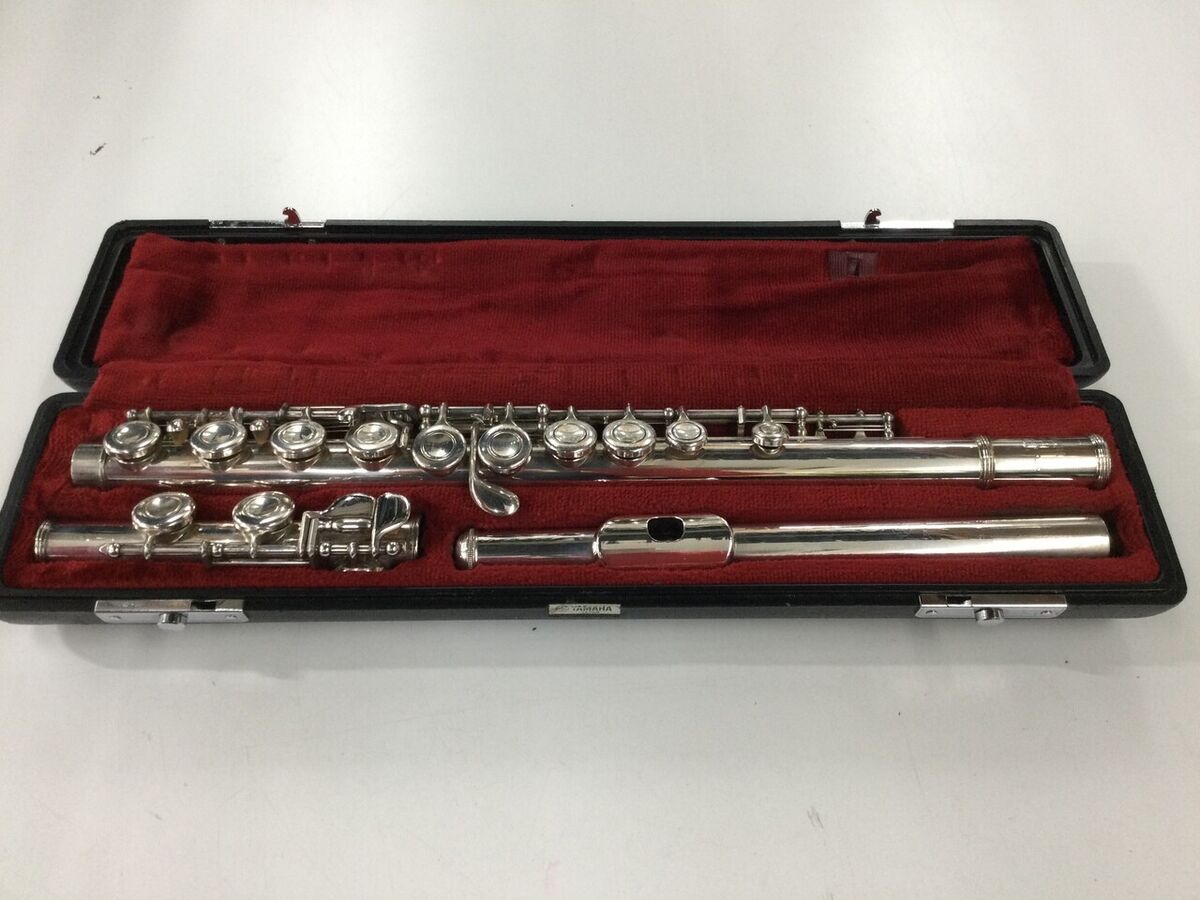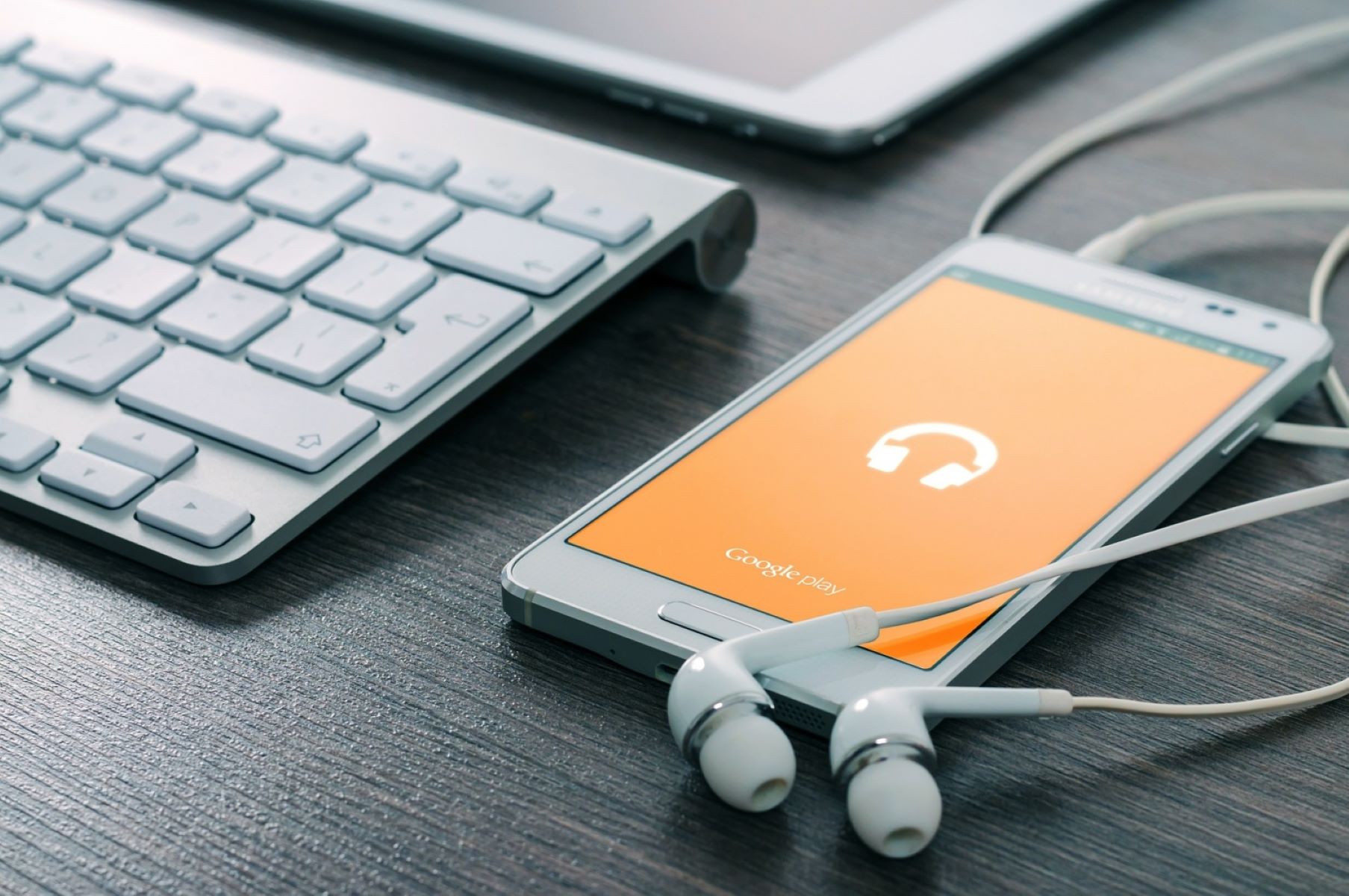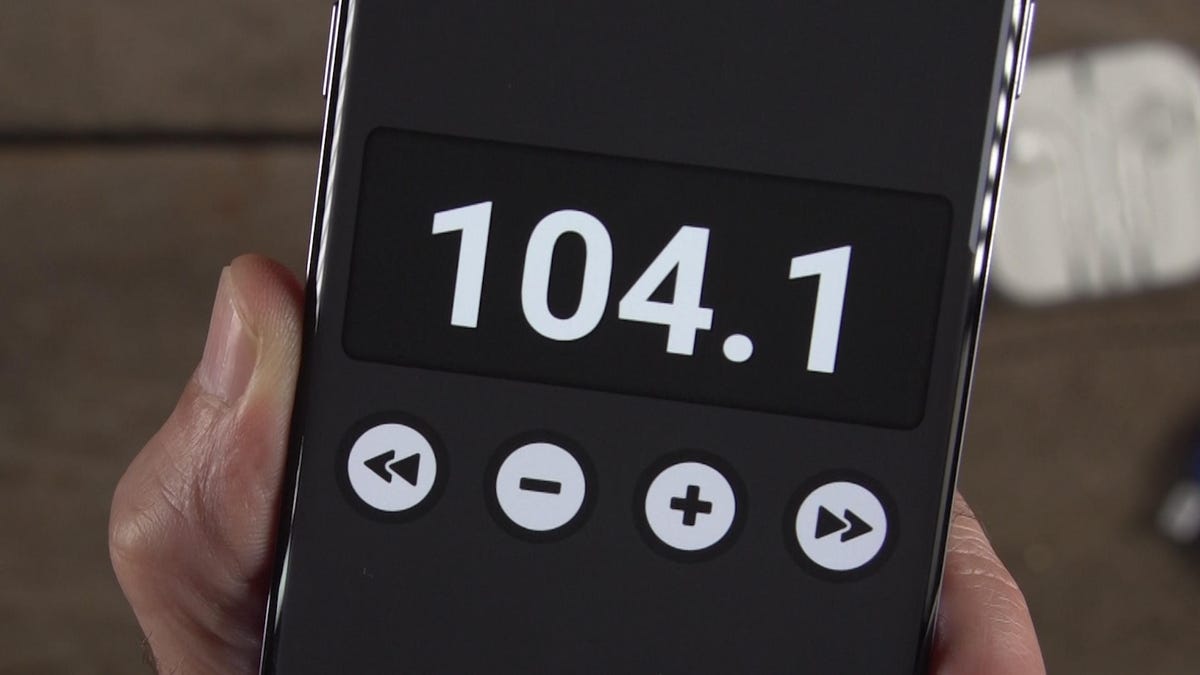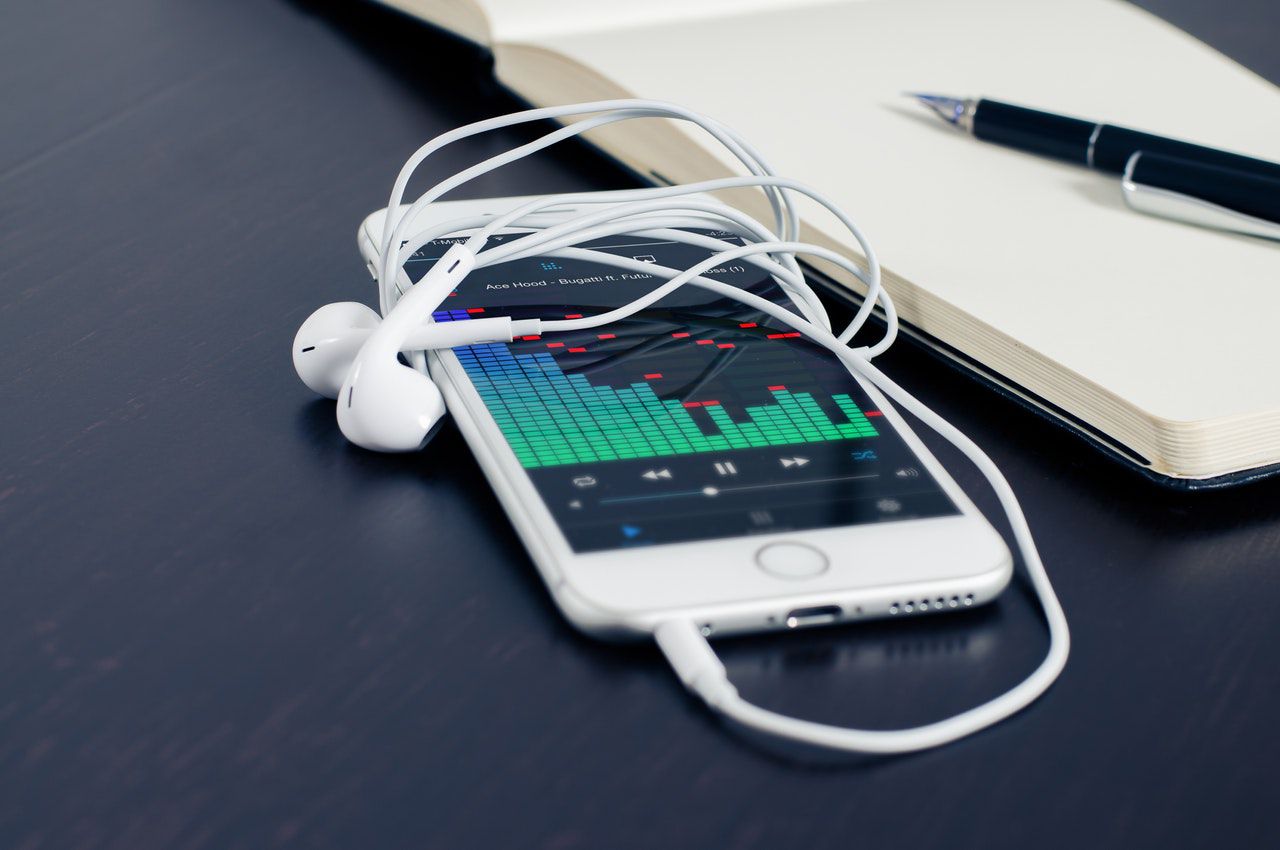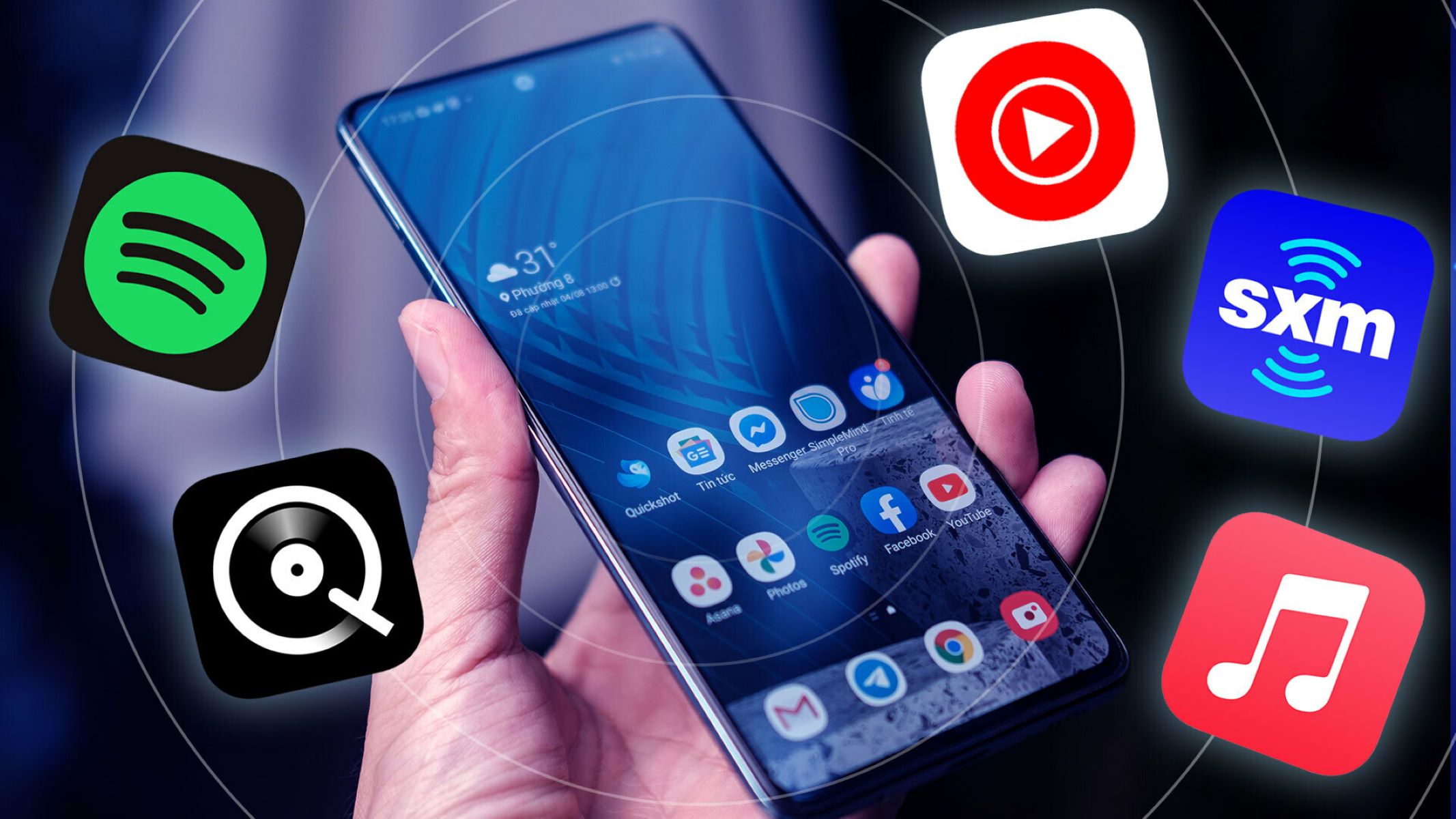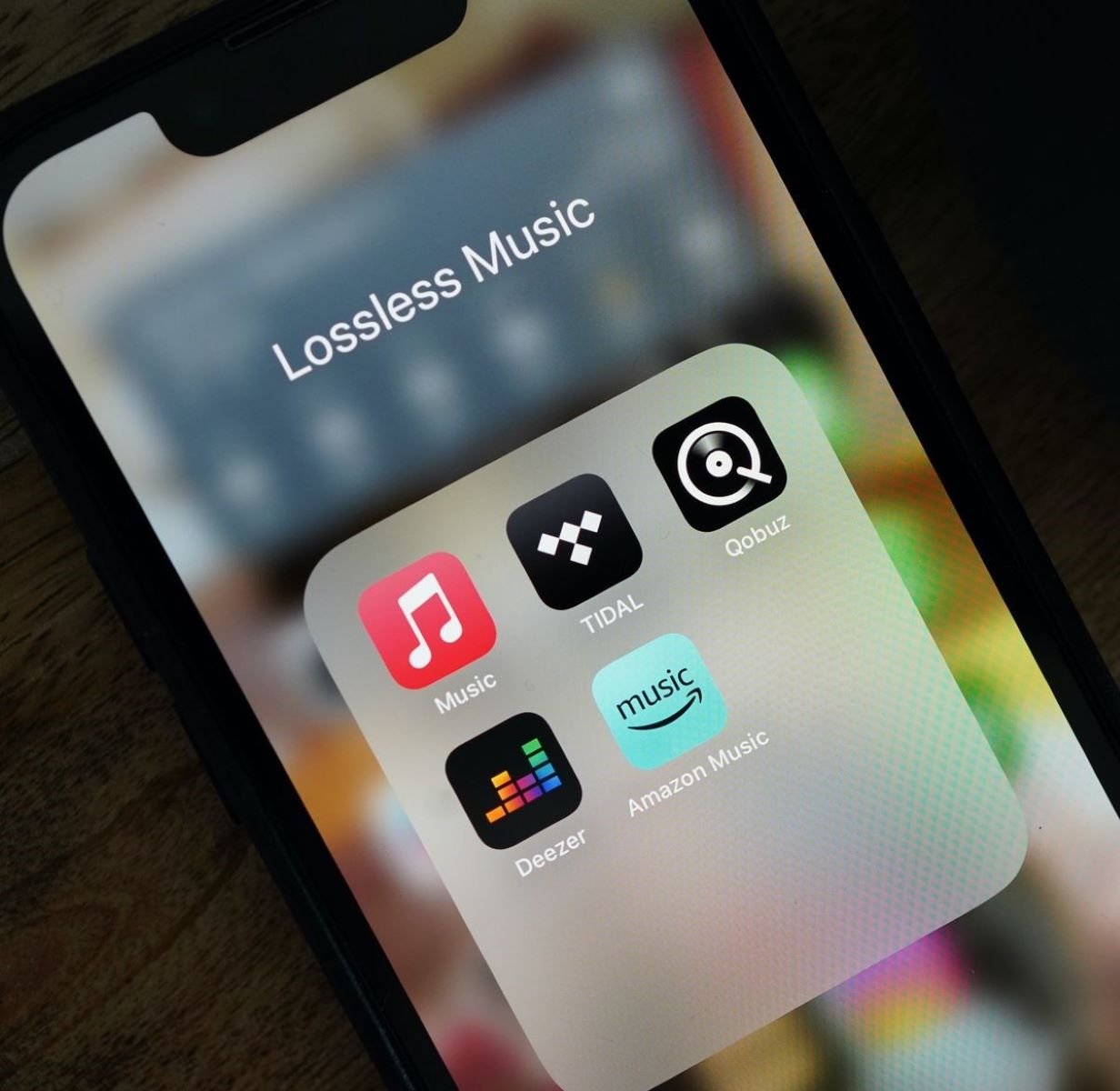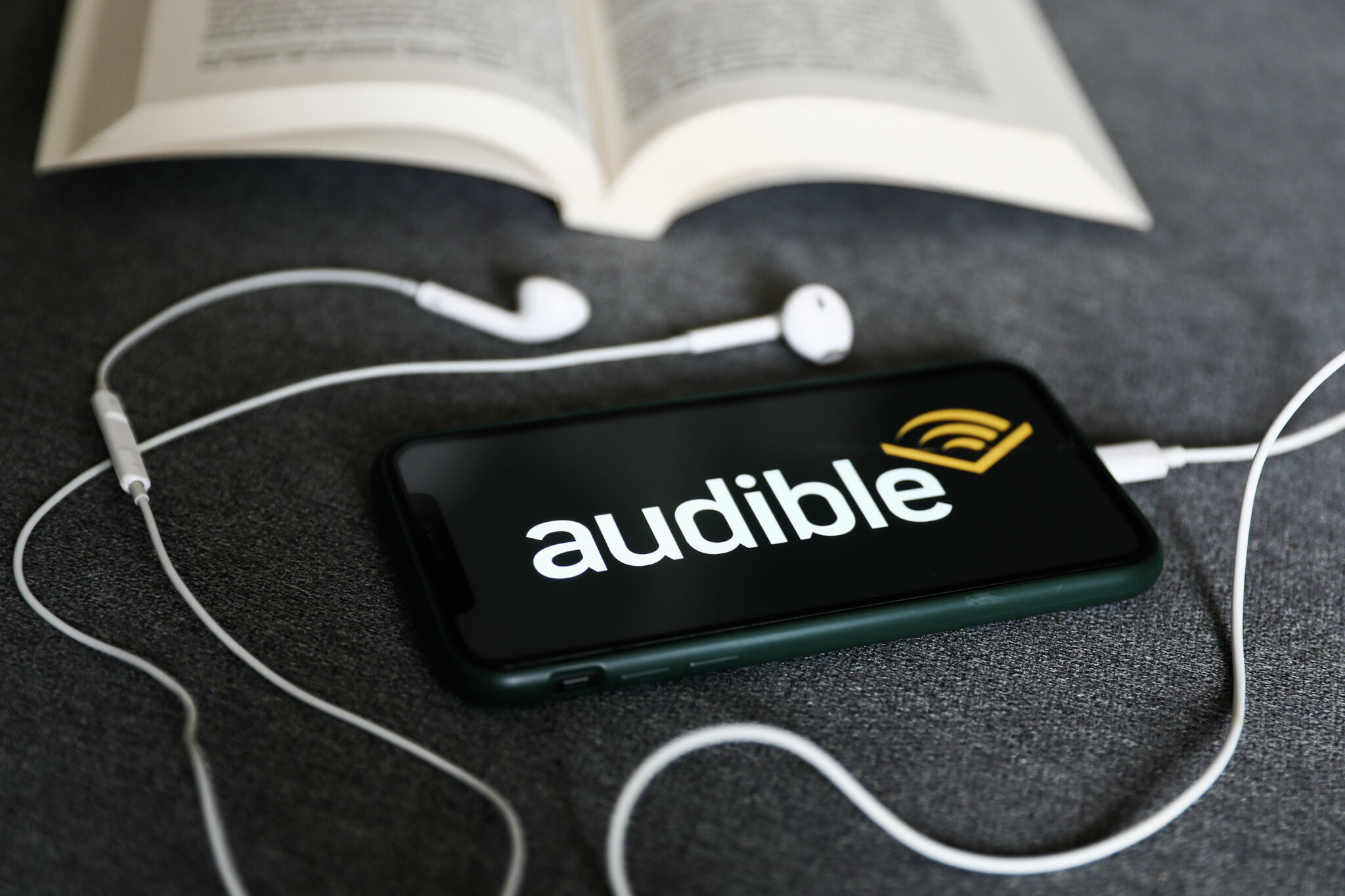Home>Production & Technology>Audiobook>How Much Data Does An Audiobook Use


Audiobook
How Much Data Does An Audiobook Use
Modified: January 22, 2024
Learn how much data is consumed when listening to an audiobook. Discover the data usage of audiobooks and optimize your listening experience.
(Many of the links in this article redirect to a specific reviewed product. Your purchase of these products through affiliate links helps to generate commission for AudioLover.com, at no extra cost. Learn more)
Table of Contents
Introduction
With the rise of the digital era, audiobooks have become increasingly popular as a convenient and immersive way to enjoy literature. In a fast-paced world where time is limited, audiobooks offer a fantastic option for people on the go who still want to indulge in their favorite novels, self-help books, or educational materials.
But have you ever wondered how much data an audiobook consumes? Whether you’re streaming or downloading, understanding how audiobooks utilize data is crucial, especially if you have a limited data plan or want to manage your internet usage effectively. In this article, we will explore the factors that affect audiobook data usage and provide insights on estimating data consumption for different audiobook lengths.
Before we delve into the specifics, let’s take a moment to understand how audiobooks work. Unlike traditional books or e-books, audiobooks enable you to listen to the content instead of reading it. This format allows listeners to multitask, whether they’re driving, exercising, or simply relaxing.
Audiobooks typically consist of recorded narrations of books, with professional voice actors bringing the characters and storylines to life. These narrations are available in various formats, including MP3, AAC, and M4B, which are compatible with different devices such as smartphones, tablets, e-readers, and dedicated audiobook players.
Now that we have a basic understanding of how audiobooks function, let’s explore the factors that can impact audiobook data usage. By understanding these factors, you can better estimate the amount of data consumed and make informed decisions about streaming or downloading for your audiobook needs.
How Audiobooks Work
Audiobooks offer a unique and immersive experience by bringing books to life through the power of narration. Instead of reading the text, listeners can simply sit back, relax, and let their favorite books be read aloud to them.
The process of creating an audiobook involves several steps. First, the text of the book is carefully selected and edited for narration. The goal is to ensure that the audiobook captures the essence of the original book while providing a compelling listening experience.
Once the text is ready, a professional voice actor, often with experience in audiobook narration, is chosen to bring the story to life. The voice actor must have a knack for capturing the different characters’ personalities, emotions, and nuances through their voice alone.
The narration is then recorded in a studio equipped with high-quality microphones and soundproofing to ensure a pristine audio recording. Skilled sound engineers may be involved in post-production to refine the audio, removing any background noise or imperfections.
After the audio is finalized, it is encoded in a digital format suitable for distribution. Common audio formats for audiobooks include MP3, AAC, and M4B. These formats offer efficient compression without compromising the audio quality.
Listeners can access audiobooks through various platforms and devices. Many audiobooks can be streamed or downloaded from online platforms or dedicated audiobook apps. These apps often provide features like bookmarking, playback speed adjustments, and synchronized progress across devices to enhance the listening experience.
Some devices, such as smartphones, tablets, e-readers, or dedicated audiobook players, are specifically designed for audiobook playback. These devices may offer additional features like longer battery life, larger storage capacity, or tailored audio settings to optimize the listening experience.
In recent years, there has also been a rise in the popularity of audiobook streaming services. These services allow users to access an extensive library of audiobooks for a monthly subscription fee. Users can stream audiobooks directly from the service’s platform without the need to download individual titles.
Overall, the process of creating and accessing audiobooks involves a combination of skilled narration, audio production, and digital distribution. This allows listeners to enjoy their favorite books in a format that seamlessly integrates into their busy lives.
Factors Affecting Audiobook Data Usage
Several factors can impact the amount of data consumed while streaming or downloading audiobooks. Understanding these factors will help you estimate and manage your audiobook data usage effectively. Here are the key factors to consider:
- Audio Quality: The audio quality of an audiobook can significantly influence the amount of data it consumes. Higher-quality audio, with more detail and clarity, requires more data to transmit. On the other hand, lower-quality audio, while using less data, may sacrifice some audio fidelity.
- Bitrate: The bitrate determines the audio quality and file size of an audiobook. Bitrate is measured in kilobits per second (kbps) and represents the amount of data processed per second of audio playback. Higher bitrates result in better audio quality but also require more data.
- File Format: The file format of an audiobook can affect its data consumption. Some formats, such as MP3 or AAC, offer efficient compression algorithms that reduce file size without compromising audio quality. Other formats, like WAV or FLAC, may offer higher audio fidelity but result in larger file sizes that consume more data.
- Length of Audiobook: The length of the audiobook is a straightforward factor in data usage. Longer audiobooks require more data to transmit or download compared to shorter ones.
- Streaming or Downloading: The method of accessing the audiobook, whether through streaming or downloading, can impact data usage. Streaming an audiobook requires a constant internet connection, with data being consumed in real-time. Downloading an audiobook, on the other hand, requires a one-time data transfer but does not continue consuming data during playback.
- Connection Speed: The speed of your internet connection influences data usage. A faster connection allows for smoother streaming and faster downloads but may result in higher data consumption if the audiobook is streamed at higher bitrates or downloaded in larger file sizes.
It’s important to note that these factors can vary depending on the specific platform or app you use to access audiobooks. Different platforms may use different audio compression algorithms, bitrates, or file formats, which can affect data usage.
By considering these factors, you can make informed choices about the audio quality, file format, and method of accessing audiobooks to optimize your data usage while still enjoying a fantastic listening experience.
Audio Compression and Quality
When it comes to audiobooks, audio compression plays a crucial role in balancing file size and audio quality. Audio files are compressed using specific algorithms to reduce their size while preserving the overall audio fidelity. Let’s explore the concept of audio compression and its impact on audiobook data usage and quality.
Audio compression algorithms work by analyzing the audio waveform and removing redundant or less perceptible information. The goal is to reduce the file size while maintaining an acceptable level of audio quality. Different compression algorithms, such as MP3, AAC, or M4B, employ various techniques to achieve this balance.
One important factor in audio compression is the bitrate. Bitrate refers to the number of bits processed per second of audio playback. It determines the amount of data consumed and the resulting audio quality. Higher bitrates result in better audio fidelity but also consume more data, while lower bitrates reduce data usage but may sacrifice some audio detail.
Most audiobooks are compressed using variable bitrate (VBR) encoding. VBR adjusts the bitrate dynamically based on the complexity of the audio. During quieter or less intricate parts of the audiobook, the bitrate is reduced to preserve data, while more demanding sections receive higher bitrates for better audio quality. This technique helps optimize data usage without compromising the listening experience.
Audio compression also affects the choice of file format. Common audiobook file formats like MP3, AAC, and M4B utilize different compression algorithms, resulting in varying file sizes and audio quality. MP3, the most widely adopted format, provides a good balance between file size and audio quality. AAC, known for its advanced compression, often offers better audio quality at lower bitrates. M4B, primarily used for audiobooks, supports features like chapter markers and bookmarking.
It’s worth noting that some platforms or apps may use proprietary audio compression methods, which can affect both file size and audio quality. These methods may offer specific optimizations tailored for audiobooks, resulting in efficient data usage while ensuring a satisfying listening experience.
When choosing an audiobook platform or app, consider the audio compression techniques they employ and the available audio quality options. Some platforms may offer different bitrate settings or audio quality tiers, allowing you to select the desired balance between data usage and audio fidelity.
In summary, audio compression plays a key role in managing audiobook data usage and quality. By employing advanced algorithms and variable bitrate encoding, audiobooks strike a balance between reducing file size and preserving audio fidelity. Understanding the impact of audio compression and making informed choices about file formats and bitrate settings can enhance your overall audiobook experience while optimizing data usage.
Estimating Audiobook Data Usage
Estimating audiobook data usage can be useful in managing your internet usage and ensuring you don’t exceed any data limits. While the exact data consumption can vary depending on factors like audio quality and file format, you can use the following guidelines to estimate data usage:
- Bitrate: Higher bitrates result in better audio quality but also consume more data. As a general rule of thumb, you can assume an average bitrate of 64-128 kbps for standard audio quality and 192-256 kbps for higher fidelity. Keep in mind that some platforms may offer customizable bitrate settings.
- File Size: Audiobook file sizes vary depending on factors like audio quality and duration. A rough estimate is that a 1-hour audiobook at standard audio quality (64 kbps) will consume around 30-35 MB of data. For a higher audio quality (128 kbps), the data usage can range from 60-70 MB per hour.
- Streaming: If you’re streaming an audiobook, the data usage will depend on both the bitrate and the duration of your listening session. For example, streaming a 1-hour audiobook at a standard audio quality of 64 kbps can consume around 30-35 MB of data.
- Downloading: When you download an audiobook, the data usage is typically a one-time transfer. The total data consumed will be equal to the file size of the audiobook. For instance, a 10-hour audiobook at standard audio quality (64 kbps) will have a file size of approximately 300-350 MB.
- Multiple Devices: If you use multiple devices to listen to audiobooks, be aware that each device will consume its own data. For example, if you stream an audiobook on both your smartphone and tablet simultaneously, the data usage will double.
- Connection Speed: A faster internet connection allows for smoother streaming and faster downloads but may result in higher data consumption. If you have a slow connection, buffering or frequent re-downloading may increase data usage.
It’s important to note that these estimates are approximate and can vary depending on the specific platform, file format, and audio compression used. It’s always a good idea to check the settings or documentation provided by the audiobook provider for more accurate information on data usage.
By estimating audiobook data usage, you can plan accordingly, especially if you have a limited data plan or want to avoid exceeding any bandwidth caps. It allows you to make informed decisions about streaming versus downloading and adjust audio quality settings to optimize your data usage while enjoying a seamless audiobook experience.
Common Data Usage for Different Length Audiobooks
Understanding the common data usage for different lengths of audiobooks can help you estimate how much data you will consume based on the duration of the audiobook. While data usage can vary depending on factors like audio quality and file format, here are some general estimates:
- Short Audiobooks: For audiobooks with a duration of around 1-3 hours, the data usage can range from approximately 30-100 MB. This estimate is based on standard audio quality (64 kbps) and can increase if higher audio quality is selected.
- Medium-Length Audiobooks: Audiobooks with a duration of 4-8 hours may consume around 100-300 MB of data. Again, this estimate is for standard audio quality and can vary depending on the specific bitrate and compression used.
- Long Audiobooks: For audiobooks that span 10 hours or more, data usage can range from approximately 300 MB to several gigabytes, depending on the audio quality and file format. Higher-quality audio and less compressed formats like WAV or FLAC will result in larger file sizes and higher data consumption.
- Multiple Audiobooks: If you plan on listening to multiple audiobooks, you can add the data usage estimates for each audiobook to get a total estimation. For example, if you listen to three 1-hour audiobooks, each consuming around 30-35 MB, the total data usage would be approximately 90-105 MB.
Remember that these estimates are approximate and can vary depending on several factors, as mentioned earlier. The actual data usage may differ based on the audio quality settings, bitrate, file format, and the specific platform or app you are using to access your audiobooks.
By having an understanding of the common data usage for different audiobook lengths, you can gauge how much data you will need for your audiobook listening sessions. This knowledge can help you manage your internet usage effectively, especially if you have a limited data plan or want to avoid exceeding any data caps imposed by your internet service provider.
Tips for Reducing Audiobook Data Usage
If you’re concerned about managing your data usage while enjoying your favorite audiobooks, there are several tips and strategies you can employ to reduce data consumption. By following these recommendations, you can optimize your data usage without compromising your listening experience:
- Download Instead of Stream: Whenever possible, download audiobooks for offline listening instead of streaming them. Downloading audiobooks requires a one-time transfer of data, eliminating the need for continuous streaming and reducing overall data usage.
- Choose Lower Audio Quality: Most audiobook platforms and apps offer adjustable audio quality settings. Opt for lower audio quality options, which typically have lower bitrates and result in reduced data consumption. Keep in mind that lower audio quality may slightly compromise the audio fidelity.
- Consider Compressed File Formats: File formats like MP3 or AAC employ efficient compression algorithms that reduce file sizes without significantly compromising audio quality. Choose these compressed formats over larger, less compressed formats like WAV or FLAC to conserve data usage.
- Manage Background App Updates: Disable automatic app updates or set them to occur only when connected to Wi-Fi. This prevents unnecessary data usage in the background while you listen to audiobooks.
- Utilize Wi-Fi Connections: Whenever possible, connect to Wi-Fi networks for downloading audiobooks and streaming. Wi-Fi connections are typically faster and more stable than cellular data connections, resulting in smoother streaming and faster downloads.
- Pre-Download Audiobooks: If you know you’ll be without access to Wi-Fi, take advantage of Wi-Fi connections in advance to download the audiobooks you plan to listen to. This way, you can enjoy uninterrupted listening without incurring additional data charges.
- Close Other Data-Intensive Apps: Close or minimize other apps that consume data in the background, such as video streaming apps or cloud backup services. This helps prioritize the data usage for your audiobook listening sessions.
- Keep Track of Data Usage: Monitor your data usage regularly using built-in tools on your device or through apps provided by your internet service provider. By keeping a watchful eye on your data consumption, you can identify any unexpected spikes or adjust your habits accordingly.
By implementing these tips, you can reduce audiobook data usage and make the most out of your limited data plan. Remember to adjust audio quality settings, take advantage of Wi-Fi connections, and prioritize downloading over streaming to optimize your data consumption while still enjoying an immersive audiobook experience.
Conclusion
Audiobooks have revolutionized the way we enjoy literature, allowing us to dive into captivating stories while on the go. Understanding how audiobooks consume data can help us manage our internet usage effectively and plan for our data limits. By considering factors such as audio quality, bitrate, file format, and connection speed, we can estimate data usage and make informed decisions about streaming or downloading audiobooks.
We’ve explored the concept of audio compression and its impact on audiobook data usage. High-quality audio and less compressed formats result in larger file sizes and higher data consumption, while lower audio quality and compressed file formats reduce data usage while sacrificing some audio fidelity. By adjusting audio quality settings and opting for compressed file formats like MP3 or AAC, we can optimize data usage without compromising the listening experience.
To estimate audiobook data usage, we’ve provided general guidelines based on audiobook duration and audio quality. However, it’s important to note that actual data consumption can vary depending on platform-specific settings, compression algorithms, and user preferences. By understanding common data usage patterns for different audiobook lengths, we can better plan our internet usage and avoid exceeding data caps.
To reduce audiobook data usage, we’ve shared practical tips such as downloading instead of streaming, choosing lower audio quality settings, utilizing Wi-Fi connections, pre-downloading audiobooks, and managing background app updates. These strategies help optimize data consumption and ensure a seamless listening experience without exceeding data limits.
In conclusion, audiobooks offer a convenient and immersive way to consume literature, but it’s essential to be mindful of how they impact our data usage. By being aware of the factors affecting audiobook data consumption and implementing data-saving techniques, we can strike a balance between enjoying our favorite books and managing our internet usage effectively.

